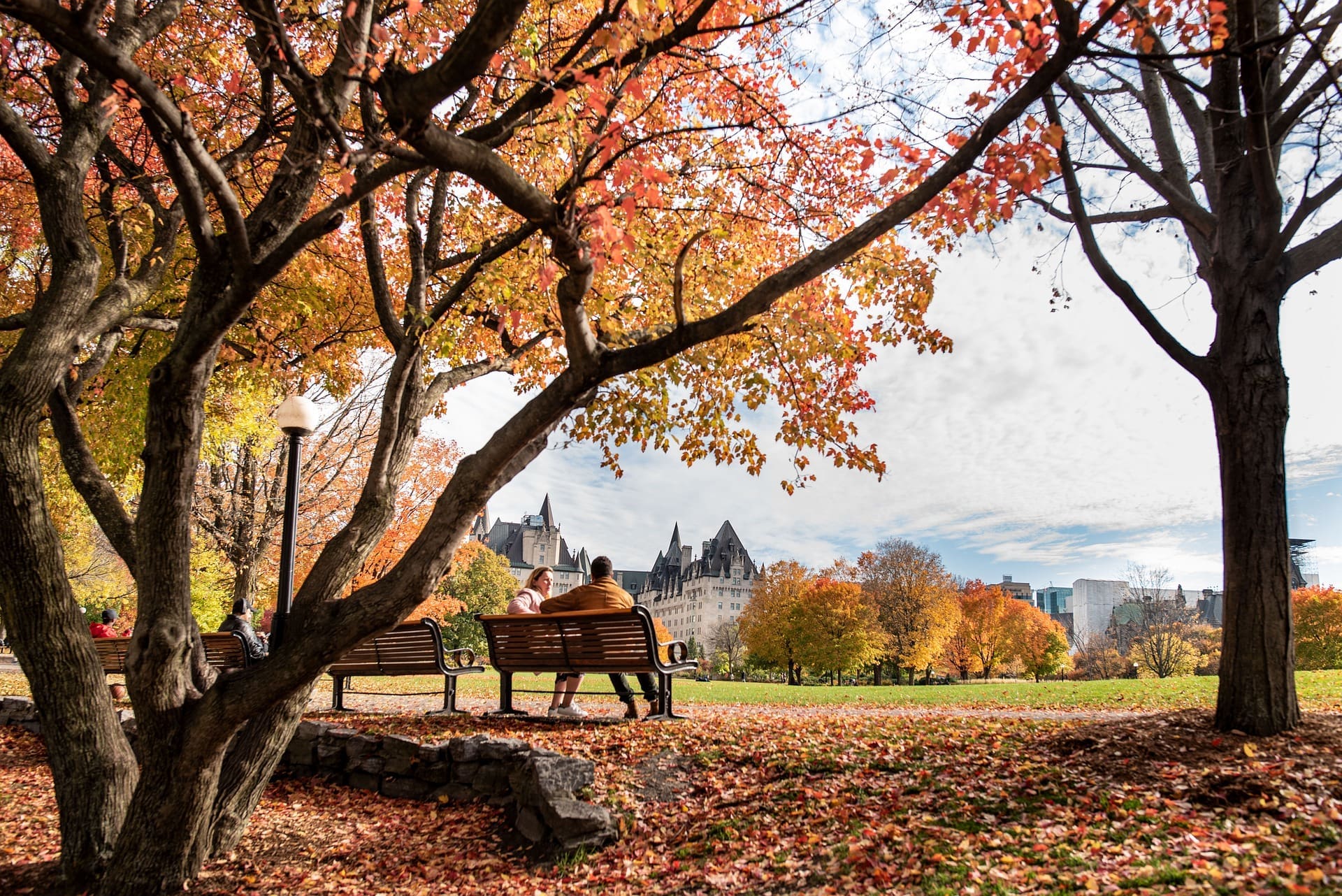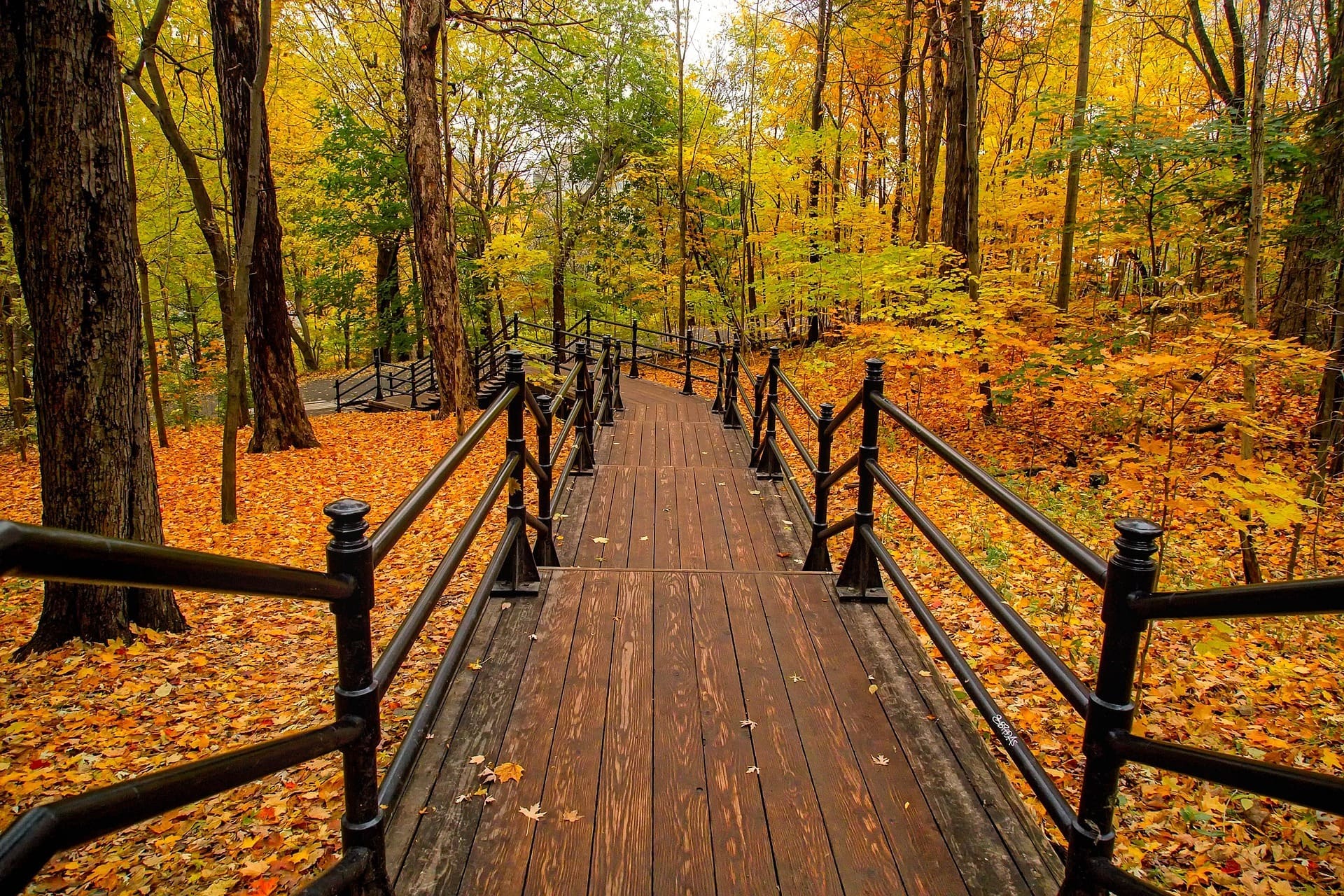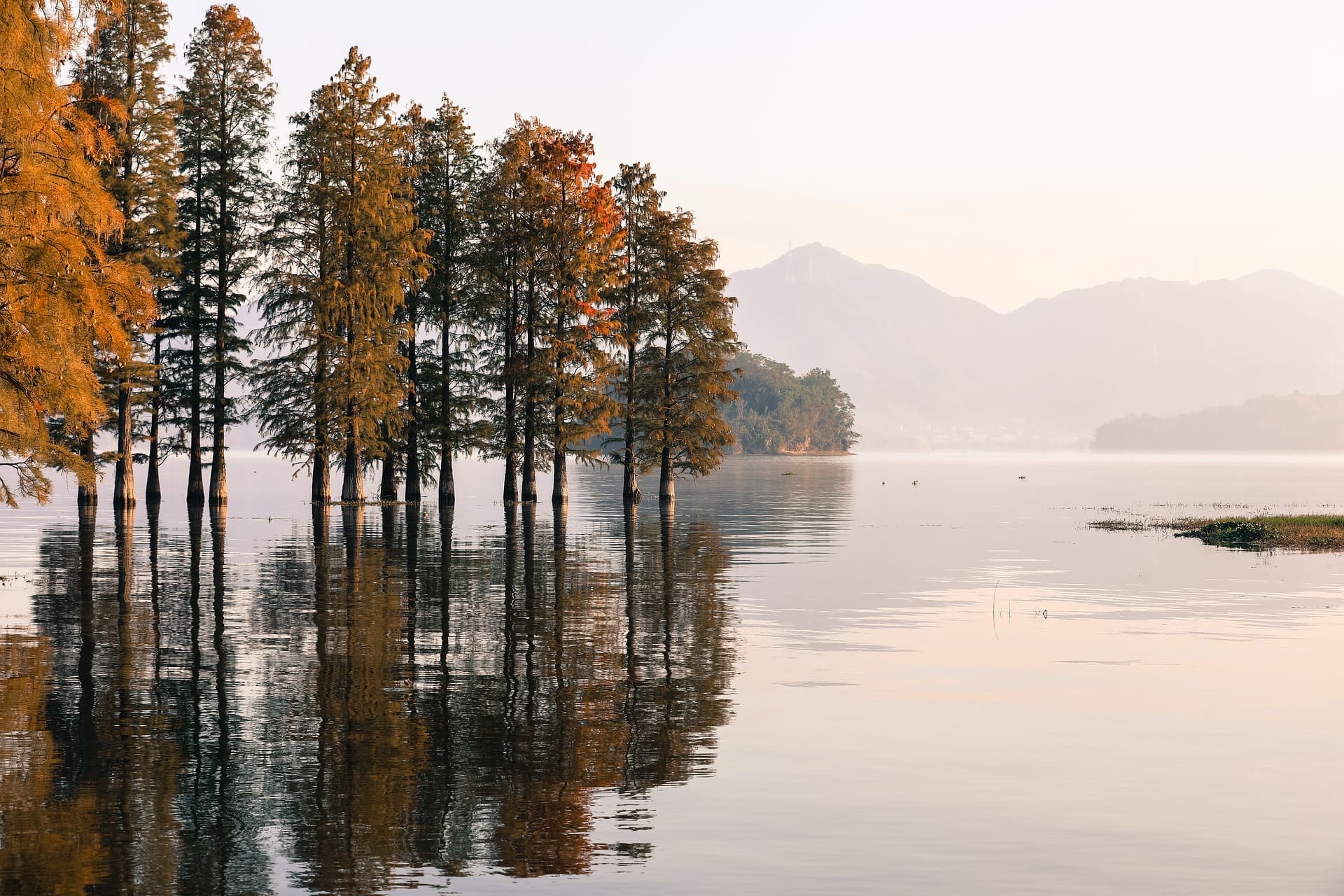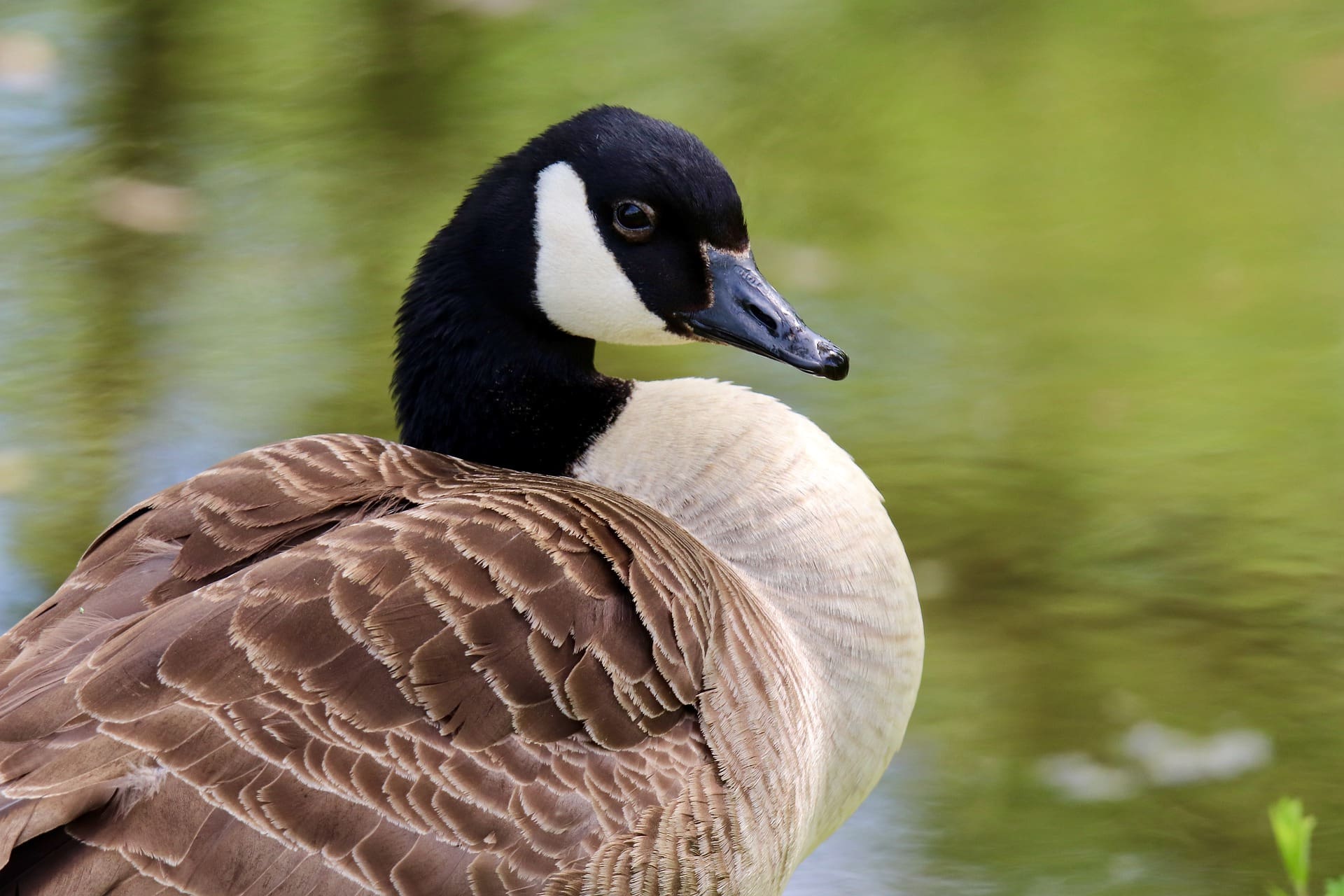Canada
maple, hockey, wilderness, poutine, multicultural
About Canada
Culture and Religion
Where to go
How to get there
Visa Requirements
Travelling Budget
About Canada
Canada, the second-largest country in the world, is a land of incredible beauty and diversity. From the stunning Rocky Mountains in the west to the pristine coastlines in the east, Canada is a country that boasts a vast array of natural wonders.
One of Canada’s most iconic symbols is the maple leaf, which represents the country’s rich forestry industry and is proudly displayed on the national flag. Canadians are known for their love of hockey, with the sport deeply ingrained in the country’s culture.
Canada is blessed with an abundance of wilderness, including national parks and vast stretches of untouched land. This makes it a haven for outdoor enthusiasts who can hike, camp, ski, and participate in a multitude of recreational activities all year round.
The diversity in Canada is remarkable, with over 200 ethnic origins reported by its citizens. This multiculturalism is celebrated, making Canada a truly welcoming and inclusive nation. Its largest cities, such as Toronto, Vancouver, and Montreal, are vibrant melting pots of cultures, languages, and cuisines from around the world.
When it comes to food, Canada has its own culinary gems, including poutine, a beloved dish made of fries topped with cheese curds and smothered in gravy. Additionally, Canada is known for producing high-quality maple syrup, which is often enjoyed with pancakes and other breakfast favorites.
In terms of quality of life, Canada consistently ranks among the top countries in the world. It offers universal healthcare, a strong education system, and various social welfare programs that ensure the well-being of its citizens.
Overall, Canada is a country that leaves a lasting impression with its stunning landscapes, diverse culture, and high standard of living. It is a place where nature thrives, and people from all walks of life can find a sense of belonging.
Culture and Religion
Canada is a culturally diverse country that embraces and celebrates a wide range of cultures and religions. With a population comprised of people from all corners of the globe, Canada exemplifies multiculturalism and encourages cultural preservation and integration.
The culture of Canada is influenced by its Indigenous peoples, who have lived on this land for thousands of years. The rich heritage of Indigenous cultures is preserved through various art forms, ceremonies, and practices. Canada also has a thriving arts and entertainment scene, with contributions from diverse communities, reflecting the country’s multicultural fabric.
Religion in Canada is equally diverse, with no official religion at the national level. Christianity is the most widely practiced religion, with Roman Catholicism and Protestantism being the predominant denominations. Other major religions include Islam, Hinduism, Sikhism, Buddhism, and Judaism. Places of worship for different faiths dot the Canadian landscape, fostering religious freedom and tolerance.
Canada promotes inclusivity and religious freedom through its laws and policies. The Canadian Charter of Rights and Freedoms guarantees freedom of religion and protects individuals from discrimination based on their religious beliefs. This commitment to religious diversity is evident in the numerous festivals, celebrations, and interfaith initiatives that take place across the country.
In Canadian cities, cultural festivals, parades, and exhibitions provide opportunities for individuals of different cultural backgrounds to share their traditions and customs with the broader community. These events foster cross-cultural understanding and appreciation while promoting harmony and unity.
Canada’s multiculturalism is not just a concept but a way of life, with diverse communities coexisting and contributing to the fabric of Canadian society. This commitment to inclusion and respect for cultural and religious diversity is what makes Canada a truly remarkable and harmonious nation.
Where to go
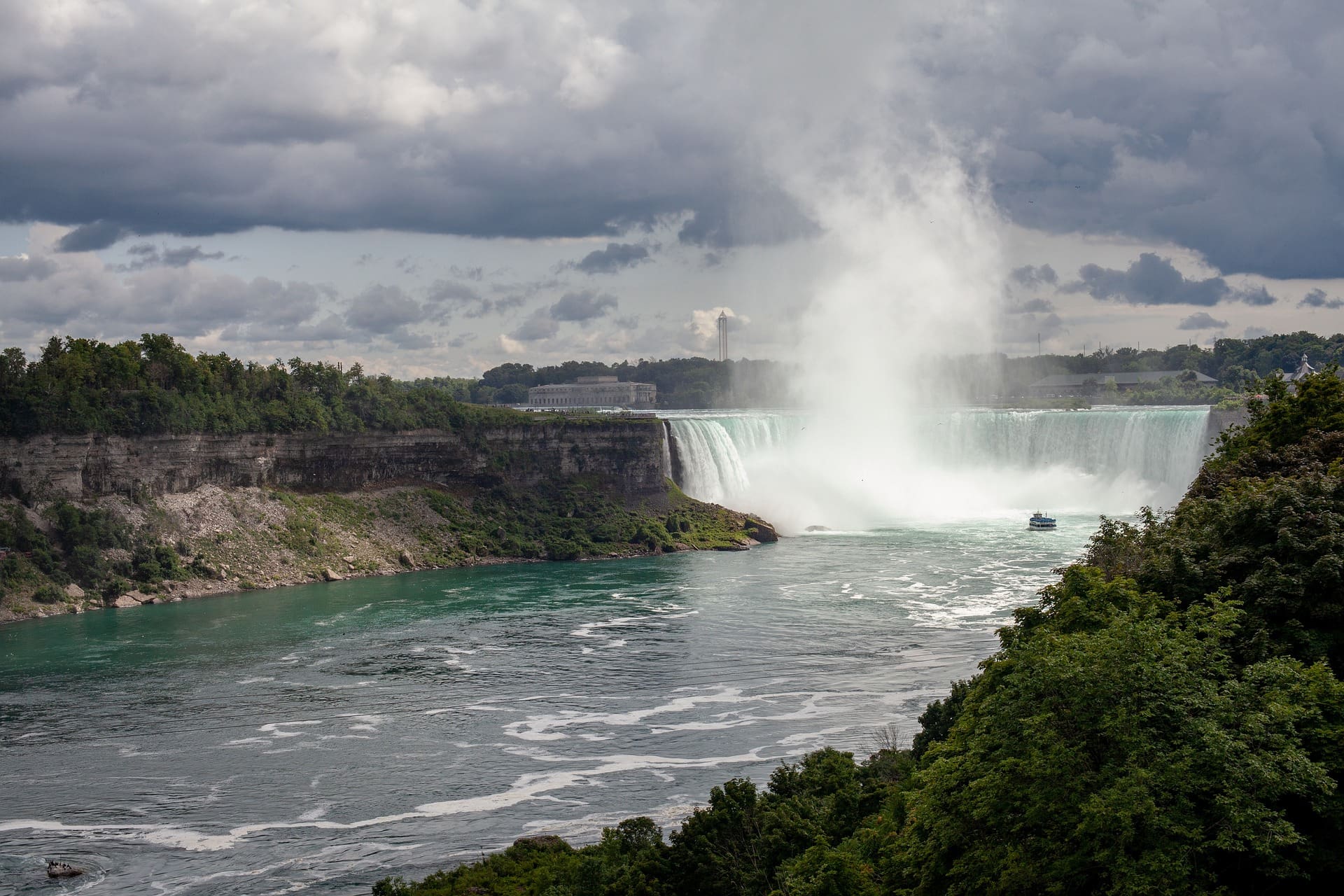
Niagara Falls
One of Canada’s most iconic and breathtaking attractions, Niagara Falls is a natural wonder that must be seen to be believed. Located on the border between Ontario and New York, the massive falls offer a powerful and mesmerizing display of cascading water, attracting millions of visitors each year.

CN Tower and Toronto
Toronto, Ontario boasts the iconic CN Tower, one of the tallest freestanding structures in the world and a symbol of Canada’s modern cityscapes. Visitors can enjoy stunning panoramic views of Toronto from the tower’s observation deck or indulge in the city’s multicultural ambiance with its diverse neighborhoods, world-class museums, and vibrant entertainment districts.

Vancouver
Situated in British Columbia on the west coast of Canada, Vancouver is a vibrant and picturesque city surrounded by mountains and the Pacific Ocean. With its lush parks, modern architecture, diverse culinary scene, and thriving arts and culture, Vancouver offers a wonderful balance between urban flair and natural beauty.
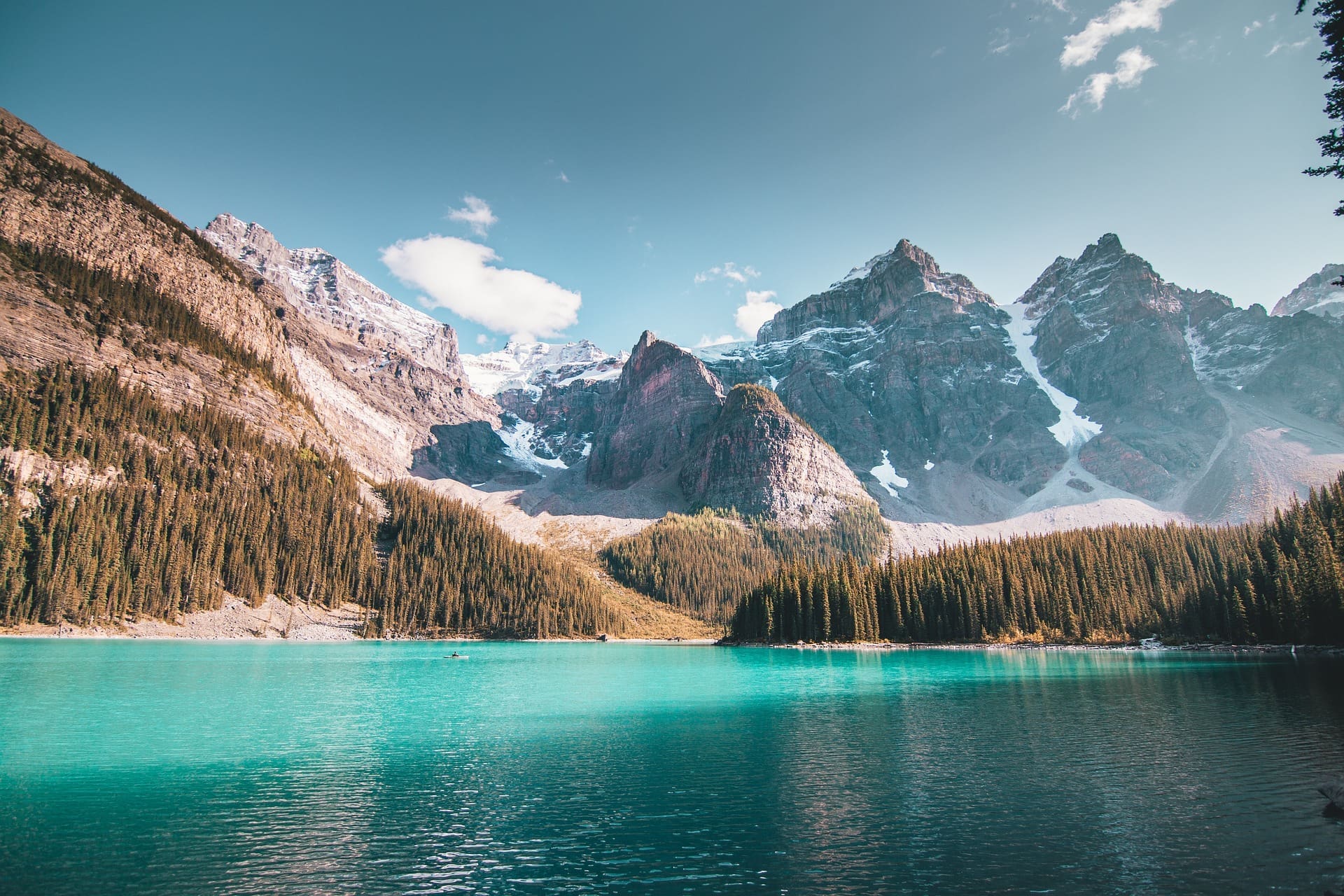
Banff National Park
Located in the heart of the Canadian Rockies in Alberta, Banff National Park is a paradise for nature lovers and outdoor enthusiasts. With its stunning mountains, pristine lakes, and abundant wildlife, the park offers endless opportunities for hiking, camping, wildlife spotting, and breathtaking scenic drives.
Note: These are just a few highlights in Canada, a country that offers an abundance of natural wonders, cultural landmarks, and exciting experiences from coast to coast. The beauty and diversity of Canada have something to offer for every traveler.
How to get there
Getting to Canada depends on your location and mode of transportation. If you are traveling internationally, you will need to plan your journey accordingly.
By Air: The most common way to reach Canada is by air. Canada has multiple international airports, including Toronto Pearson International Airport, Vancouver International Airport, and Montréal-Pierre Elliott Trudeau International Airport. These airports are well-connected to major cities worldwide, making air travel the fastest and most convenient option.
By Land: If you are traveling from the United States, you can enter Canada by land through various border crossings. The most popular ones include the Ambassador Bridge between Detroit, Michigan, and Windsor, Ontario, and the Peace Arch Border Crossing between Blaine, Washington, and Surrey, British Columbia. Make sure to have valid identification and travel documentation ready for immigration purposes.
By Sea: Canada is accessible by sea as well. Cruise ships and ferries operate between Canada, the United States, and other international destinations. Ports such as Vancouver, Halifax, and Montréal are major entry points for those traveling by sea.
Visa Requirements: Depending on your nationality, you may need a visa or an Electronic Travel Authorization (eTA) to enter Canada. Check the government website or consult with the embassy or consulate of Canada in your country to determine the specific requirements.
Once you have arrived in Canada, local transportation options such as taxis, ride-sharing services, buses, and trains are available to help you navigate within the country. Planning ahead and checking travel advisories and requirements is essential to ensure a smooth and hassle-free journey to Canada.
Visa Requirements
Visa requirements for entering Canada vary depending on the country of citizenship. The Government of Canada has an online tool called the “Visa Wizard” that can help determine whether you need a visa or an Electronic Travel Authorization (eTA) to visit Canada. Here are some key points about visa requirements in Canada:
1. Visa-Exempt Countries: Citizens of certain countries do not require a visa to visit Canada for tourism, business, or transit purposes, but they may need an eTA. Some visa-exempt countries include the United States, United Kingdom, Australia, France, and Germany. To enter Canada, these travelers will need to apply for an eTA online before their trip.
2. Visitor Visa: Citizens of countries that are not visa-exempt must apply for a visitor visa (also known as a temporary resident visa) before traveling to Canada. The visitor visa allows individuals to stay in Canada for a limited period, typically up to six months, for tourism, business, or visiting family or friends.
3. Study and Work Permits: If you plan to study or work in Canada, you will generally need to obtain a study permit or a work permit, in addition to any necessary visitor visa or eTA.
4. Processing Time and Application: Visa and permit processing times can vary, so it is advised to apply well in advance of your intended travel dates. Applications are usually submitted online or through paper applications at visa application centers or Canadian embassies/consulates.
It is essential to consult the official website of Immigration, Refugees and Citizenship Canada (IRCC) or contact the nearest Canadian embassy or consulate in your country to get accurate and up-to-date information on visa requirements based on your specific situation.

![Canada 3 [toronto]](https://travelhd.nu/wp-content/uploads/2023/08/Canada-3-toronto.jpg)
Travelling Budget
When considering a travel budget for Canada, several factors should be taken into account, such as accommodation, transportation, food, activities, and other miscellaneous expenses. Here are some key points to consider:
Accommodation: The cost of accommodation in Canada can vary depending on the type and location. Budget options like hostels or shared rentals can start around $20-$40 per night, while mid-range hotels can range from $100-$200 per night. Major cities like Toronto and Vancouver tend to have higher accommodation costs.
Transportation: Transportation costs will depend on the distance and mode of travel. Domestic flights within Canada can vary in price, but train or bus travel may be more affordable options for shorter distances. Public transportation within cities typically costs a few dollars per ride. Renting a car can be a convenient option for exploring rural areas, though it will incur additional costs for fuel and parking.
Food: Dining out in Canada can vary in price depending on the type of establishment. Budget-friendly options like food trucks, casual eateries, or fast-food chains can range from $10-$20 per meal. Mid-range restaurants may cost around $20-$40 per meal, and fine dining options can be more expensive.
Activities: Canada offers a wide range of activities, from outdoor adventures to cultural attractions. Costs will vary depending on the activity. National park entrance fees, museum or gallery admissions, and guided tours all come with different price points.
Miscellaneous: It’s important to budget for miscellaneous expenses such as travel insurance, souvenirs, and unforeseen expenses. It’s recommended to have some extra funds set aside for emergencies or unexpected costs.
Overall, a daily budget for a budget-conscious traveler in Canada can range from $50-$100, depending on the chosen accommodation, transportation, dining choices, and activities. Keep in mind that prices can vary significantly depending on the season, location, and personal preferences. It’s advisable to research and plan ahead to ensure a realistic and enjoyable travel budget.
What makes your journey easier
Everything you need to know about what to bring to make your travels easier, more safe and fun
Be Mindfull
Gadgets
Gear
Insurance
Visa


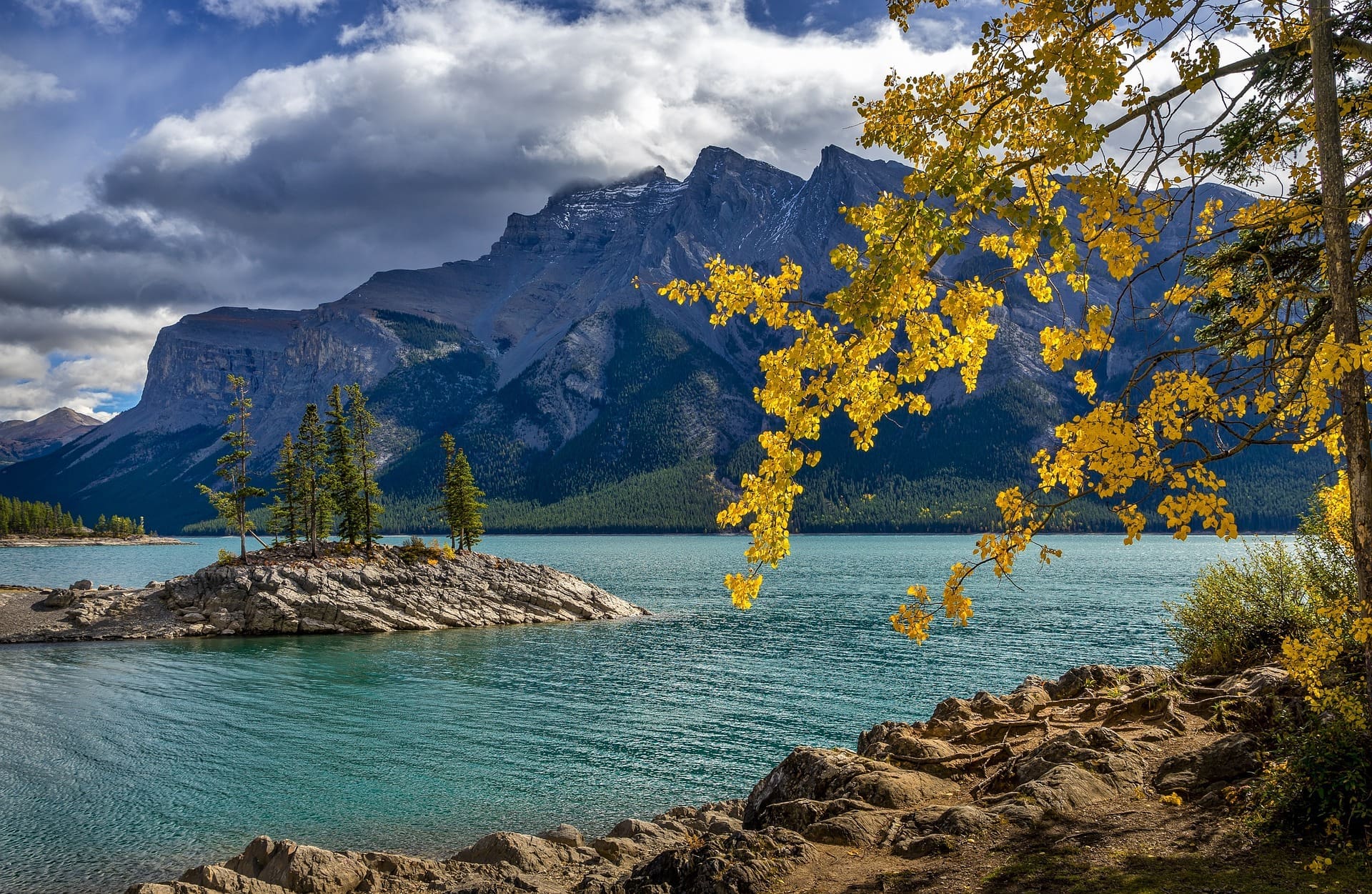


![Canada 1x [Ottawa]](https://travelhd.nu/wp-content/uploads/2023/08/Canada-1x-Ottawa--scaled.jpg)
